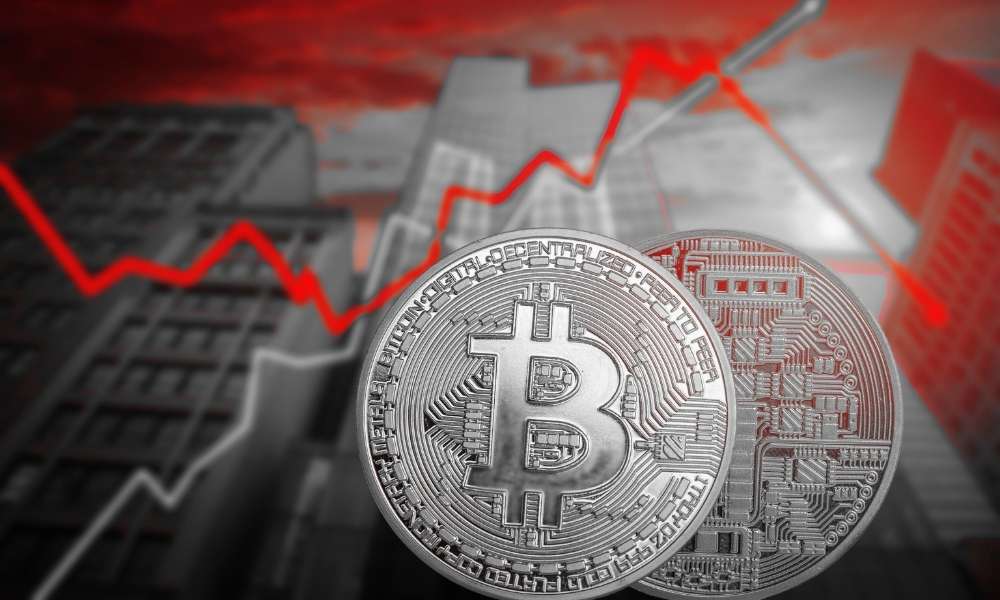
Since its start in 2009, Bitcoin and the other cryptocurrencies that came after it have been a source of debate.
Even though crypto is often criticized for its volatility, its use in illegal transactions, and the huge amount of electricity it takes to mine it, some people, especially in the developing world, see it as a safe haven during economic storms.
El Salvador was the first country to make it legal money in September 2021. The Central African Republic became the second country to do so in April of this year.
But as more and more people use cryptos as investments or as a way to get by, critics have kept coming up with new ways to limit how they can be used.
The law on Bitcoin and other "altcoins" (coins that are similar to Bitcoin) is very different from one country to the next, and in some, the relationship between the two is still not clear or is always changing.
Even though most countries don't make it illegal to use Bitcoin, its status as a form of payment or a commodity varies, and this has different regulatory effects.
Some countries have put limits on how Bitcoin can be used, and some banks have told their customers they can't buy or sell Bitcoin. Other countries have outlawed Bitcoin and other cryptocurrencies and made it very hard for anyone to use them or make transactions with them.
China has been cracking down on cryptocurrencies more and more since 2021. Chinese officials have warned their people many times to stay away from the digital asset market. They have also cracked down hard on mining and currency exchanges in China and around the world.
On August 27, Yin Youping, the deputy director of the People's Bank of China's (PBoC) Financial Consumer Rights Protection Bureau, called cryptocurrencies "speculative assets" and told people to "protect their pockets."
People think that China is trying to start their own e-currency by trying to hurt Bitcoin, which is a decentralized currency that is not controlled by governments or institutions.
The PBoC wants to be one of the first big central banks in the world to launch its own digital currency. This would allow it to keep a closer eye on its people's transactions.
In 2018, Egypt's main Islamic advisory body, Dar al-Ifta, issued a religious decree saying that Bitcoin transactions are "haram," which means they are against Islamic law. Even though they are not legally binding, Egypt's banking laws got stricter in September 2020 to stop people from trading or promoting cryptocurrencies without a license from the Central Bank.
How Bangladesh feels about cryptocurrencies is not clear. Officially, there are bans, and transactions in crypto are punishable by up to 12 years in prison under the country's laws against money laundering and funding terrorism. But the country has proposed a new blockchain strategy, which shows that it is warming up to crypto and virtual assets. There have also been no credible reports of people being convicted for using cryptos.
Even though the government keeps trying to stop people from using them, cryptocurrencies are becoming more and more popular in Iraq. The Iraqi Central Bank has been especially against them. In 2017, it said that they couldn't be used, and that rule is still in place today. Early in 2021, the Ministry of Interior of the Kurdistan regional government also told money brokers and exchanges that they couldn't handle cryptocurrencies.
Since 2014, Bolivia has had a complete ban on the use of Bitcoin. The Bolivian Central Bank banned it and all other currencies that are not controlled by a country or economic zone.